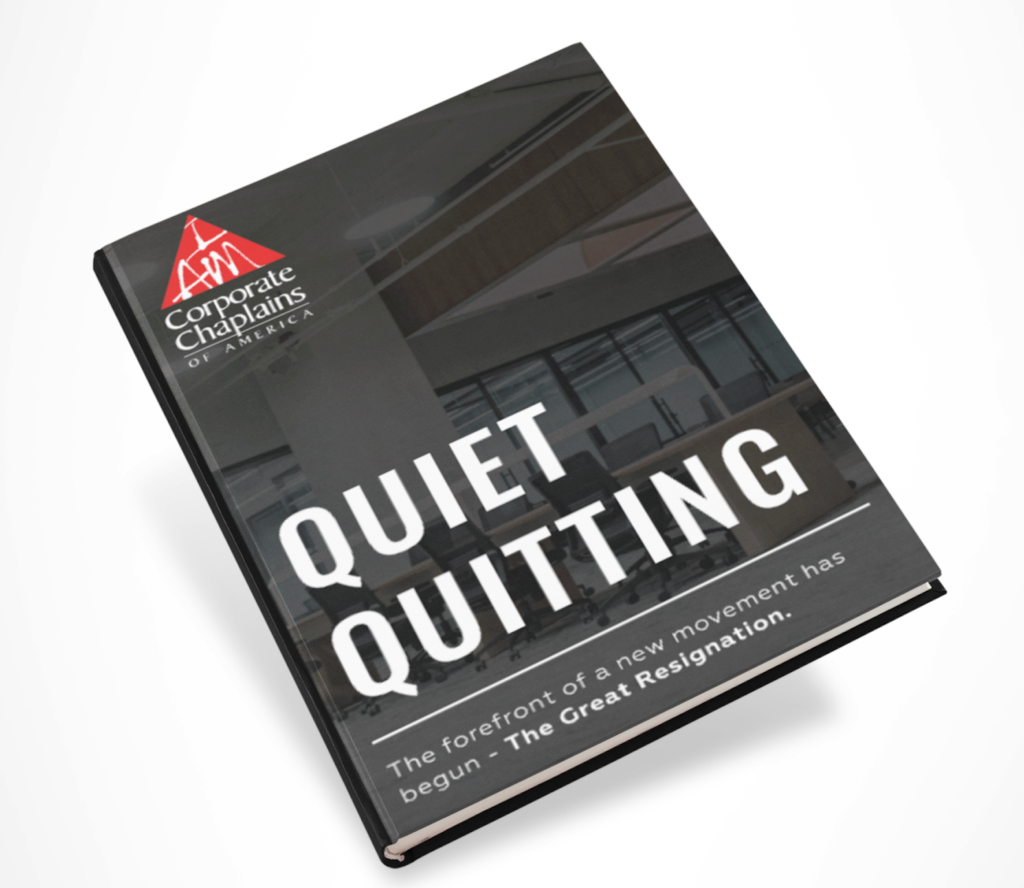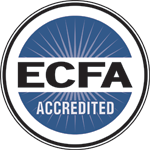Death is often a common thread in movies, books, and cultures. It’s portrayed in every facet of the media. We are fixated on it because it is something that everyone has in common. Whether it’s fiction or reality, death will affect each of us at some point.
There are a lot of books and seminars that give advice about bereavement, but we’re often not prepared to cope when death comes knocking on our businesses’ door. As our workforce ages, it stands to reason that one or more of your employees or co-workers will die. You don’t know when, or if, this card will be dealt to you.
Whether one employee is grieving or the entire office has been affected by the loss of a co-worker, grief impacts the workplace. Instead of viewing grief as a disease that might infect the entire workplace, view it as an opportunity to grow and develop as a team and as individuals. Grief is a normal human reaction to the loss of something or someone who has impacted our lives.
If you think about it, we often grieve as human beings. Loss comes in many forms. We can lose dreams, opportunities, money, marriages, or friendships. We can lose homes, jobs, and our security.
Life is full of losses.
We naturally mourn things that are important to us. If the loss is great, it can sometimes throw us into panic or even despair. Grief is very common in the human experience.
How Should a Company React to Grief?
Every situation is different, and it’s hard to prepare for something so personal and unexpected. Yet, there are ways you, as a leader, can prepare your company for tragedy. Whether an employee has lost a loved one or the entire company is grieving the loss of a co-worker, you must be prepared. When you set guidelines and procedures in place to address these situations, your employees will feel valued and cared for.
Review Your Policies
How will you handle bereavement leave? How will you communicate? How much information will you relay?
In the moment, all of these questions can surface and cause you to panic. When you have a plan in place, you can handle these situations calmly, and you’ll have more emotional capacity to care for those who are grieving.
We recommend a review of your company policies on handling situations that involve final paychecks for a deceased co-worker, bereavement leave, beneficiary designations. Companies often update beneficiary designations annually.
Establishing your company’s bereavement leave in advance is always best. Consider allowing other employees to donate PTO to those who are struggling with grief. This not only helps your grieving employees, but it brings your company closer together through selfless acts like these.
Consider your internal and external communications in regards to a death within the workplace. If an employee dies, no matter the situation, how will you address the company? How much information will you relay? As an employer, you want to provide information to your staff. Still, it is essential to involve the family of the deceased to determine what information they want to make public.
If your employee was involved in business relationships with people outside your company, you want to consider external communications. Just like communications within the business, you should always consult the family. Respect what they want to or do not want to share with the public.
Support Your Entire Workforce
If an employee dies, it affects the entire company. As an employer, while it is a time of grief, it is also a time where you need to step up as a leader. Your employees are grieving as well and need guidance and reassurance from leaders in the company.
It’s often helpful to give those employees directly impacted by the tragedy time to gather together. This could be a time of stories, reflection, or laughter. Everyone grieves differently, but this time is to honor the deceased person and for your employees to know that they are not alone in their grief. Grief can be isolating, but it doesn’t have to be.
Depending on the circumstances, it might be appropriate to bring in a grief counselor for your staff. Grief counselors provide objectivity and confidentiality. Since everyone grieves in different ways, grief counselors are important to those hesitant to openly share their emotions with others.
It can be challenging to find the balance of giving your employees the space they need to grief and running a successful business. The reality of running a business is that work has to be done. When an employee passes away, there are duties that still need to be fulfilled. However, you need to handle the situation delicately. Don’t immediately post a job opening on Indeed. Instead, work with your team to reallocate tasks. Gradual transitions work better in the long term.
You will have time to post job openings, but it’s important to work with your team and give them time to grieve. Not only will they feel respected, but this will also build unity in the workplace. Your team will come together in the face of tragedy with the right leadership.
Memorial Services
Funerals present an opportunity to serve the grieving. If a co-worker has passed away, many employees will want to attend the funeral. If it is possible, allow them to go and see that they get paid for going. If that isn’t possible, at least allow all employees who want to attend to go to the funeral.
As a leader, try to attend the funeral yourself. Attending a funeral is not about your relationship with the deceased. It’s about supporting those who did and who are grieving the loss of someone important to them.
As a company, you can brainstorm creative ways to support the deceased person’s family and honor the employee. Perhaps your team wants to compile pictures and stories and put them into a memory book. Planting a tree on company property is also a great way to honor their memory. Maybe you can only help in small ways. Empowering your team to coordinate meals or buy groceries for the family is extremely meaningful.
No matter how big or small the gesture is, it will demonstrate that you care deeply for your employees and their families.
Designate a Point Person
Designate someone in the company to regularly check in with surviving family members and co-workers close to the deceased.
Look for someone in the company who demonstrates courage, compassion, and has high emotional intelligence. Establishing someone in the company to reach out to those who are grieving is important. It provides stability and security in uncertain times.
This person or someone close to the family can also be the person who returns the employee’s items to the family. This can be a difficult thing to do, but it is something that has to happen. Make arrangements to return these items to the family in a respectful manner.
Simply Ask
Most importantly, ask the family and employees close to the deceased what they need.
You could provide all of the services and rework all of your procedures, but if you are not actively talking to those who are grieving, you will never truly know how to help them.
Sometimes someone just needs a person to talk to or a shoulder to cry on. In large corporations, it’s not always possible for leaders to have one-on-one time with employees, which is why bringing in professionals and empowering team leaders in the business is so important. Empower leadership around you to take the next step in asking what they can do for their staff.
CCA is Here to Help
While we can’t control when death comes to the workplace, there is still so much we can do for families and grieving employees.
Grief is difficult to navigate through alone, and people are hungry for guidance on how to walk through it in healthy ways. As an employer, you have a tremendous opportunity to be ready. This is something you’ll never regret.
At Corporate Chaplains of America, there is rarely a day that goes by that at least one of our Chaplains isn’t walking company owners and employees through the process of grieving the loss of a co-worker. Our specific work is to lead others through a process of navigating personal and collective grief and loss.
Whether your company is grieving the loss of a co-worker or preparing for tragedy, our chaplains are a great resource for addressing grief in the workplace and will walk alongside your employees.




